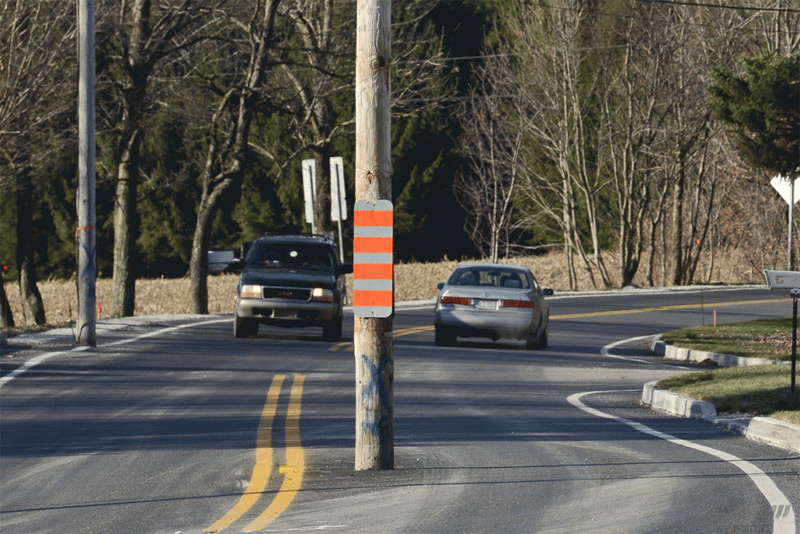The French Canadians take very little interest in politics—I mean in outside politics. They are steady, industrious, saving, peaceful, and so long as the English leave them alone, in the safe enjoyment of their belongings, they will not give them cause for any anxiety. Among the French Canadians there is no desire for annexation to the United States. Indeed, during the War of Independence, Canada was saved to the English Crown by the French Canadians, not because the latter loved the English, but because they hated the Yankees. When Lafayette took it for granted that the French Canadians would rally round his flag, he made a great mistake; they would have, if compelled to fight, used their bullets against the Americans. If they had their own way, the French in Canada would set up a little country of their own under the rule of the Catholic Church, a little corner of France two hundred years old. 178
The education of the lower classes is at a very low stage; thirty per cent. of the children of school age in Quebec do not attend school. The English dare not introduce gratuitous and compulsory education. They have an understanding with the Catholic Church, which insists upon exercising entire control over public education. The Quebec schools are little more than branches of the confessional box. The English shut their eyes, for part of the understanding with the Church is that the latter will keep loyalty to the English Crown alive among her submissive flock.
The tyranny exercised by the Catholic Church may easily be imagined from the following newspaper extract:
A well-to-do butcher of Montreal attended the Catholic Church at Ile Perrault last Sunday. He was suffering at the time with acute cramps, and when that part of the service arrived during which the congregation kneel, he found himself unable to do more than assume a reclining devotional position, with one knee on the floor. His action was noticed, and the church-warden, in concert with others, had him brought before the court charged with an act of irreverence, and he was fined $8 and costs.
Such a judgment does not only expose the tyranny of the Catholic Church, but the complicity of the English, who uphold Romanism in the Province of Quebec as they uphold Buddhism in India, so as not to endanger the security of their possessions.
The French Canadians are multiplying so rapidly that in a very few years the Province of Quebec will be as French as the town of Quebec itself. Every day they push their advance from east to west. They generally marry very young. When a lad is seen in 179 the company of a girl, he is asked by the priest if he is courting that girl. In which case he is bidden to go straightway to the altar, and these young couples rear families of twelve and fifteen children, none of whom leave the country. The English have to make room for them.
The average attendance in Catholic churches on Sundays in Montreal is 111,483; in the sixty churches that belong to the different Protestant denominations, the average attendance is 34,428. The former number has been steadily increasing, the latter steadily decreasing.
What is the future reserved to French Canada, and indeed to the whole Dominion?
There are only two political parties, Liberals and Conservatives, but I find the population divided into four camps: Those in favor of Canada, an independent nation; those in favor of the political union of Canada and the United States; those in favor of Canada going into Imperial Federation, and those in favor of Canada remaining an English colony, or in other words, in favor of the actual state of things.
Of course the French Canadians are dead against going into Imperial Federation, which would simply crush them, and Canadian “society” is in favor of remaining English. The other Canadians seem pretty equally divided.
It must be said that the annexation idea has been making rapid progress of late years, among prominent men as well as among the people. The Americans will never fire one shot to have the idea realized. If ever the union becomes an accomplished fact, it will become so with the assent of all parties. The task will be made easy through Canada and the United States having the same legislature. The local and provincial governments are the same in the Canadian towns and provinces as they are in the American towns and 181 States—a House of Representatives, a Senate, and a Governor, with this difference, this great difference, to the present advantage of Canada: whereas every four years the Americans elect a new master, who appoints a ministry responsible to himself alone, the Canadians have a ministry responsible to their parliament, that is, to themselves. The representation of the American people at Washington is democratic, but the government is autocratic. In Canada, both legislature and executive are democratic, as in England, that greatest and truest of all democracies.
The change in Canada would have to be made on the American plan.
With the exception of Quebec and parts of Montreal, Canada is built like America; the country has the same aspect, the currency is the same. Suppress the Governor-General in Ottawa, who is there to remind Canada that she is a dependency of the English Crown, strew the country with more cuspidores, and you have part of Jonathan’s big farm.
Max O’Rell: “A Frenchman in America”. Cassell Publishing Company, NYC, 1891.

